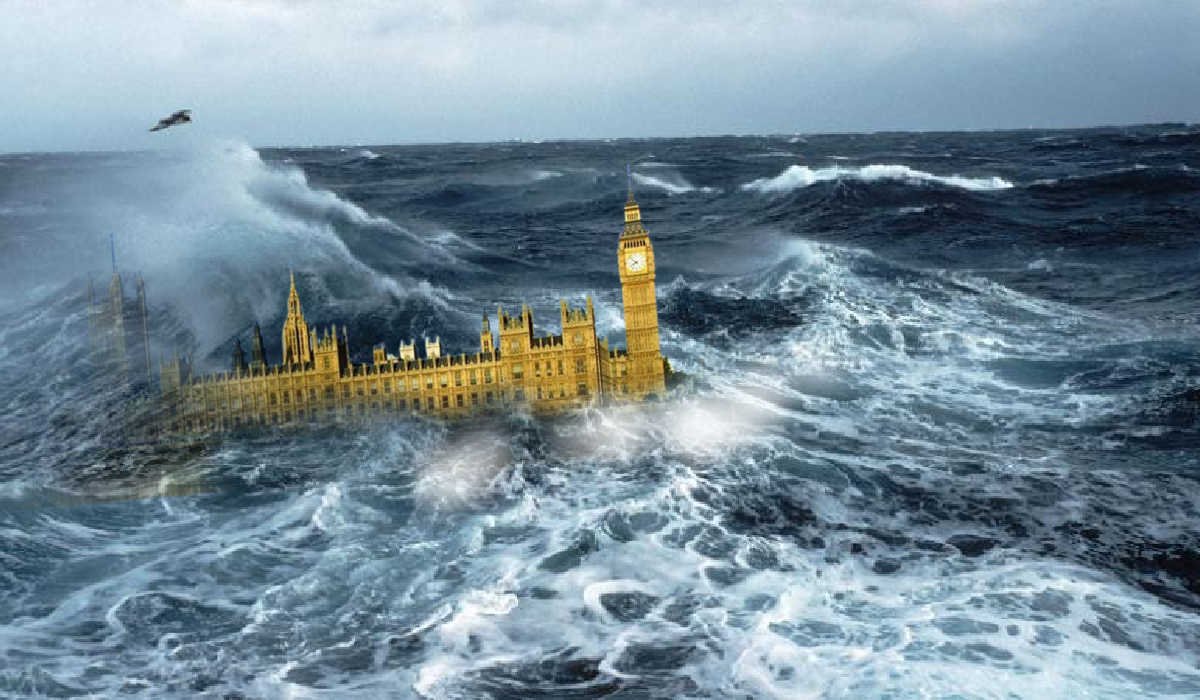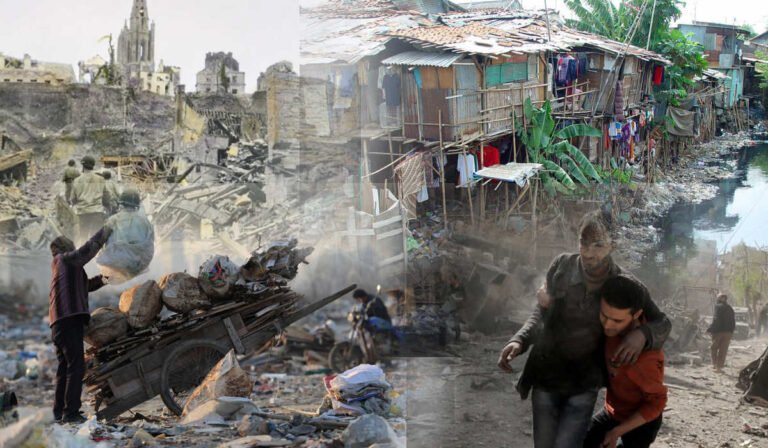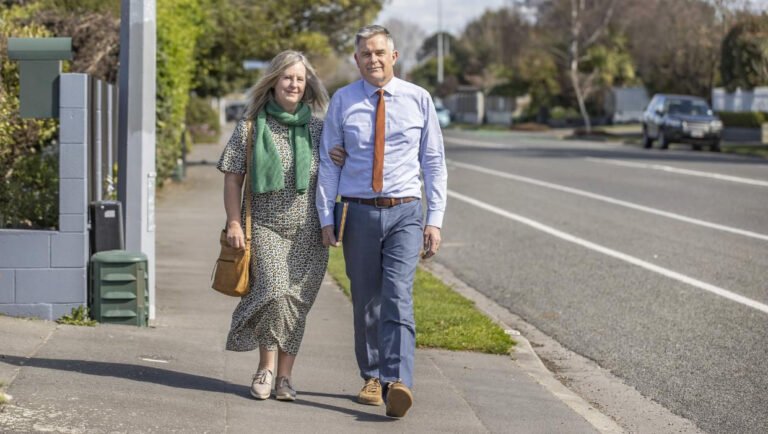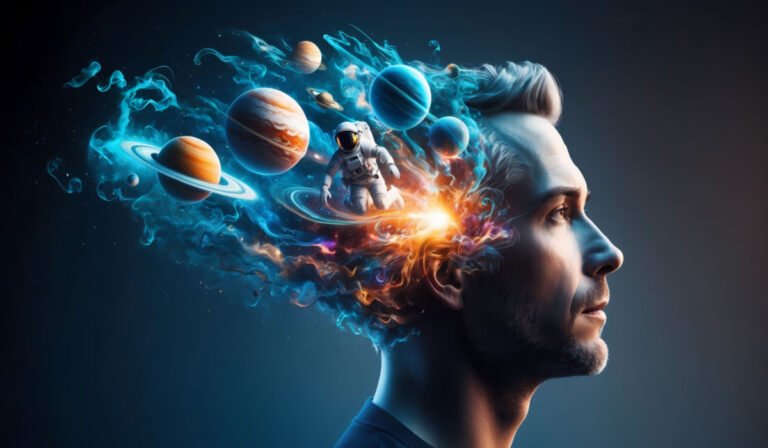human failure
Troubling Changes in Human Behaviour
We see worrying shifts in the way people act, with clear signs of lost civility, less empathy, and a fading sense of right and wrong. Rude behaviour and rising hostility touch most daily exchanges, spreading further online where hidden identities encourage harsh words and bullying.
Divisions grow deeper, pushing out calm talk and replacing it with anger and stubbornness. More often, people put themselves first, chasing goods and wealth, ignoring the environment, and feeding long-standing dishonesty in systems. Trust in others and our institutions slips away.
Consider just some of the wicked traits humans display today:
Violence
Violence manifests in many forms: domestic abuse within households, physical assaults, homicides, gang violence, and armed conflicts between nations or groups. Domestic violence affects millions across all socioeconomic backgrounds, often hidden behind closed doors. Mass shootings continue to occur in various countries, while armed conflicts displace millions globally. Violence can be spontaneous or systematic, driven by individual grievances or organised ideology.
Discrimination
Discrimination persists through institutional biases, hate crimes, workplace inequality, housing discrimination, and social exclusion. People face barriers based on race, gender, religion, sexuality, disability, age, or appearance. This includes wage gaps between demographic groups, exclusion from opportunities, algorithmic bias in technology, and both subtle microaggressions and overt bigotry that damage psychological well-being and limit human potential.
Human Trafficking and Modern Slavery
An estimated 40+ million people worldwide live in conditions of modern slavery. This includes sex trafficking of adults and minors, forced labour in industries like fishing, agriculture, and manufacturing, domestic servitude, and forced marriages. Criminal networks exploit vulnerable populations across borders, while some businesses benefit from forced labour in their supply chains. Victims often face physical abuse, psychological trauma, and isolation from support.
Child Abuse and Exploitation
Children suffer from physical abuse, sexual abuse, emotional abuse, and neglect. Child exploitation includes forced labour, child marriage, recruitment as child soldiers, and sexual exploitation, including the production of abuse material. Online platforms have created new venues for grooming and exploitation. Many children face abuse from those meant to protect them, causing lifelong psychological damage.
Sexual Violence and Harassment
Sexual violence includes rape, assault, harassment, and unwanted touching, affecting people of all genders. It occurs in homes, workplaces, educational institutions, public spaces, and digital environments. Power imbalances often enable perpetrators, while victims face stigma and blame. Many cases go unreported due to shame, fear of retaliation, or lack of confidence in justice systems.
Environmental Destruction
Humans contribute to climate change through greenhouse gas emissions, deforest millions of acres annually, pollute waterways with industrial waste and plastics, contaminate air through industrial emissions and vehicle exhaust, deplete natural resources at unsustainable rates, and drive species extinction. These actions threaten biodiversity, human health, and the stability of natural systems that support life.
Corruption
Corruption includes bribery of officials, embezzlement of public funds, election tampering, regulatory capture by industry, and nepotism in appointments. It diverts resources from public services, undermines democratic institutions, distorts economic systems, and erodes trust in governance. Both petty corruption in daily interactions and grand corruption at high levels of power damage societal functioning.
Fraud and Financial Crimes
These range from sophisticated investment schemes and bank fraud to insurance scams, tax evasion, money laundering, and cryptocurrency scams. Corporate fraud includes accounting manipulation, securities fraud, and misrepresentation to investors. Such crimes undermine economic systems, harm individuals’ financial security, and divert resources from legitimate purposes.
Cybercrime
Digital crimes include hacking of personal and organisational systems, ransomware attacks on critical infrastructure, phishing schemes targeting vulnerable individuals, identity theft for financial gain, online harassment and stalking, and the spread of illegal content. The anonymous nature of digital environments enables criminals to operate across jurisdictions with limited accountability.
Harmful Substance Abuse
Drug trafficking organisations use violence to control territories and supply chains. Drug addiction drives property crimes and family breakdown. Impaired driving endangers others. Production of illegal substances damages environments through chemical pollution. Drug use can lead to neglect of dependents and community deterioration.
Neglect of Vulnerable Populations
Societies often fail the elderly through inadequate care facilities and elder abuse. Homeless populations lack consistent access to shelter, healthcare, and support services. People with disabilities face insufficient accommodations and integration opportunities. Mental health needs remain chronically underfunded. Refugees and displaced persons often receive inadequate support for trauma and integration.
Misinformation and Hate Speech
Deliberate spread of false information manipulates public opinion and undermines informed decision-making. Online platforms amplify extreme viewpoints and conspiracy theories. Hate speech targets marginalised groups, incites violence, and normalises dehumanisation. State-sponsored disinformation campaigns undermine democratic processes. These patterns erode shared reality and social cohesion.
Theft and Property Crimes
These range from shoplifting and burglary to motor vehicle theft, armed robbery, and organised retail crime networks. Digital theft includes intellectual property violations and credential theft. Victims suffer financial losses, psychological distress from violation of personal space, and a diminished sense of security.
Animal Cruelty
Animals suffer in industrial farming operations with extreme confinement and inhumane practices. Wildlife poaching threatens endangered species for profit. Animals are used in illegal fighting operations for entertainment and gambling. Pets experience neglect and abuse. Animal testing for products continues in many industries despite alternatives. These practices inflict suffering on sentient beings.
Extremism
Religious and ideological extremism manifests in terrorist attacks, hate crimes against different belief systems, radicalisation through online communities, systematic oppression in regions controlled by extremist groups, and indoctrination that limits individual freedom and critical thinking. When beliefs become absolutist, they can justify violence and rights violations against perceived enemies.
While many still act with kindness, the presence of prejudice, lies, greed, and open cruelty seems to be everywhere and growing worse. Negative feelings travel quickly through technology, stoked by social pressures and a sense that shared values are slipping away. This change in basic decency shakes our trust and raises deep worries about where we are heading.








